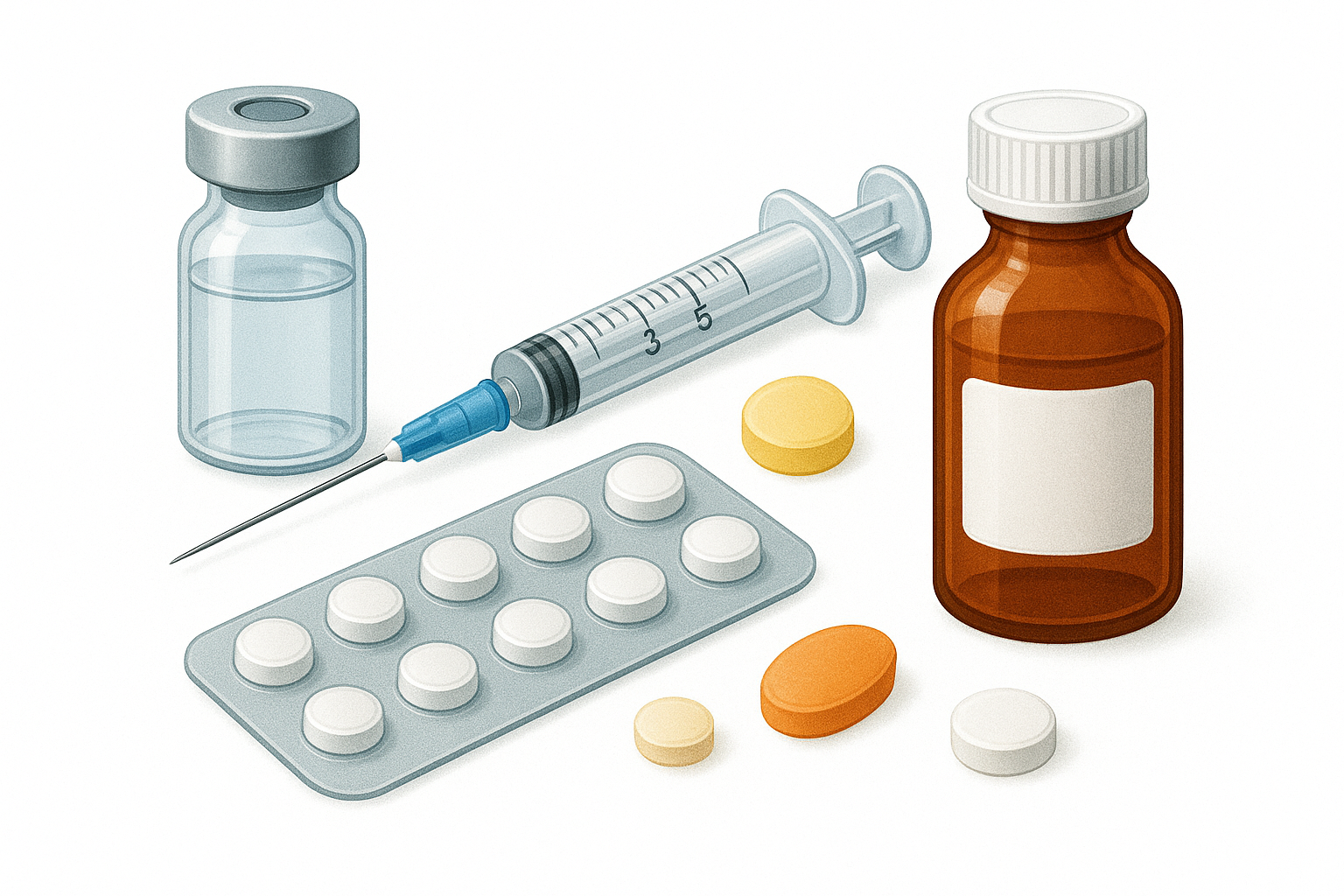- Treatment of multiple myeloma and mantle cell lymphoma.
BORVIZ 2.5 MG
| MRP | : |
|
| Price | : | ₹2,800.00 |
| You Save | : | ₹1,519.49 (35.18%) |
1 vial(s)
Borviz 2.5mg Injection is a potent chemotherapy medication that specifically belongs to the class of medicines known as proteasome inhibitors. It contains the active ingredient Bortezomib. This advanced medication is indicated for the effective treatment of multiple myeloma, which refers to the cancerous progression of plasma cells predominantly found in the bone marrow, and also for mantle cell lymphoma, a less common but significant cancer affecting the lymph nodes. This medication is often used concomitantly (at the same time) with other chemotherapy medicines, such as pegylated liposomal doxorubicin, rituximab, cyclophosphamide, doxorubicin, dexamethasone, prednisolone, or thalidomide, particularly for patients who have not yet started treatment and are considered ineligible for a blood stem cell transplant.
The common side effects that are likely to be associated with Borviz 2.5mg Injection include Pneumonia, loss of appetite, unusual sensitivity, tingling and burning sensation of the skin, nausea, vomiting, diarrhea, mouth ulcers, constipation, muscle and bone pain, hair loss, fever, various infections, itching, skin redness, dehydration, general stomach problems, among others. It is important to inform your physician if any of these side effects significantly disturb you or persist for an extended period.
You must inform your doctor if you are allergic to Borviz 2.5mg Injection or any of its ingredients. This medication should not be used if you have severe lung or heart problems. Before commencing treatment with this medication, it is crucial to let your physician know if you are suffering from neuropathy (a condition involving nerve malfunction), cardiac disorders, severe lung problems, other pulmonary disorders, posterior reversible encephalopathy syndrome disorders, gastrointestinal disorders, thrombocytopenia (which indicates a low platelet count), neutropenia (a low white blood cell count), tumor lysis syndrome (metabolic abnormalities that can occur as a complication during cancer treatment), or hepatic disorders. Additionally, it is important to inform your doctor if you have diabetes, because this injection can potentially affect your blood glucose levels.

